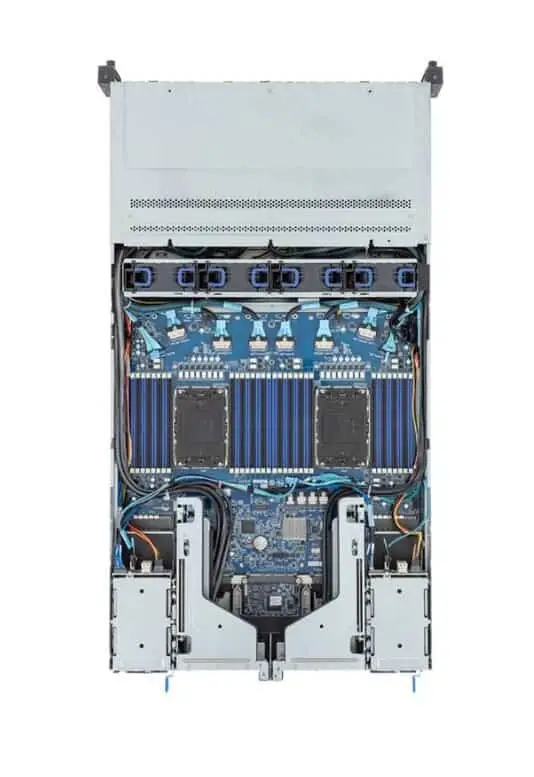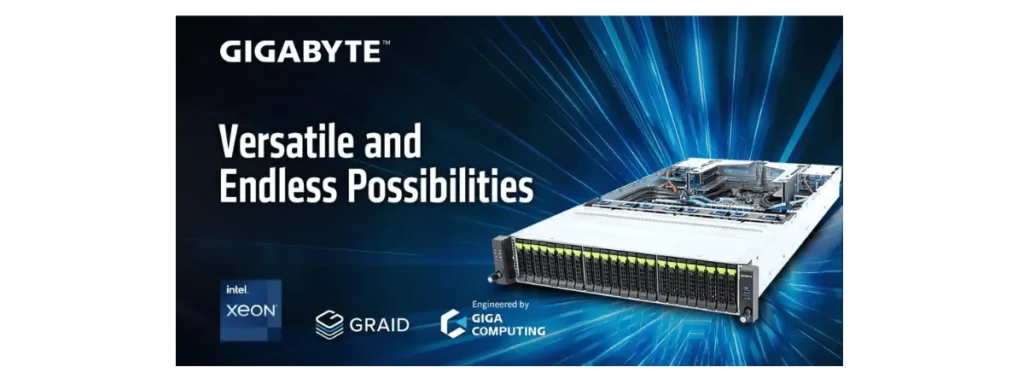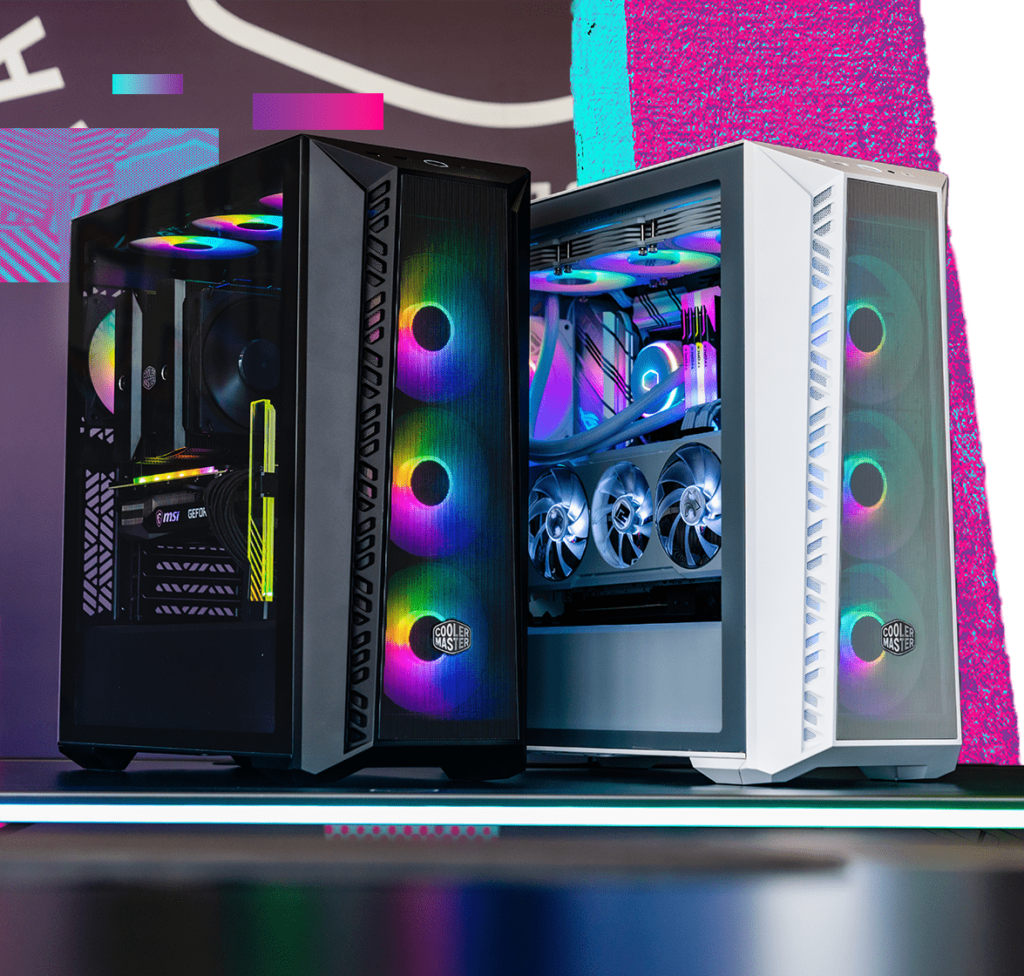Giga Computing, a subsidiary of GIGABYTE and an industry leader in high-performance servers, server motherboards, and workstations, announced continued collaboration with GRAID Technology, and the creation of GIGABYTE R Series servers to overcome NVMe bottlenecks in storage applications. Online shopping, financial trading, editing high-resolution images, and AI-generated content have all become parts of everyday life. Enterprise companies are now developing better server solutions with faster compute speeds, greater energy efficiency, and more secure data protection. Giga Computing focuses on the design of computing hardware for GIGABYTE servers and works with GRAID Technology to develop integration solutions that disrupt the storage market. Together they have created next-generation servers and NVMe controllers that will become the new standards for RAID across NVMe SSDs.

Traditional RAID technologies have become a bottleneck for NVMe SSD performance, so GRAID developed the SupremeRAID™ high-speed RAID card which Giga Computing used to develop a comprehensive solution. The GIGABYTE R283-S92 server became the first server to support the SupremeRAID™ SR-1010 RAID card. In addition, all future GIGABYTE R283 and R183 servers will incorporate this optimization and become servers with the highest compatibility for GRAID’s next-generation technologies. After installing SupremeRAID™ SR-1010, the user simply installs the corresponding driver and software on the operating system to activate the virtual controllers on the NVMe SSD, process storage and computing functions, and satisfy the ultra-high-performance requirements for all types of workloads.



